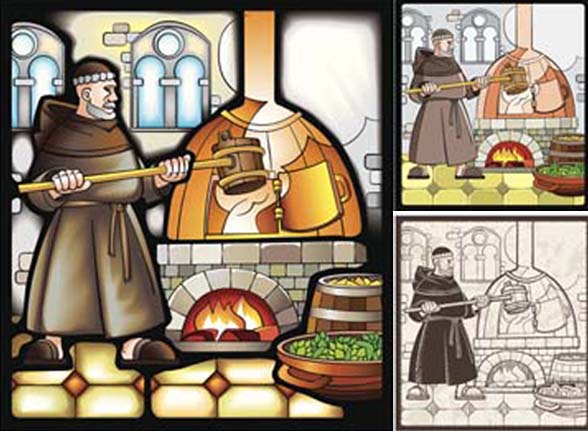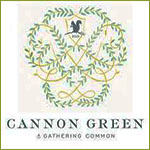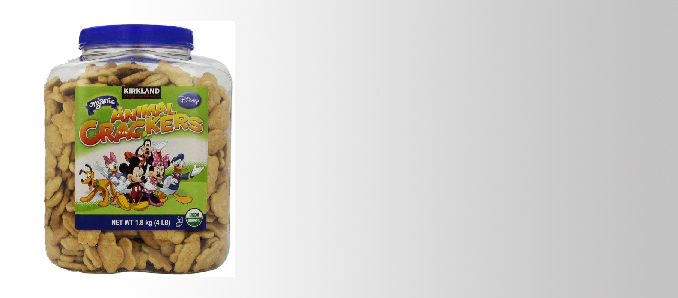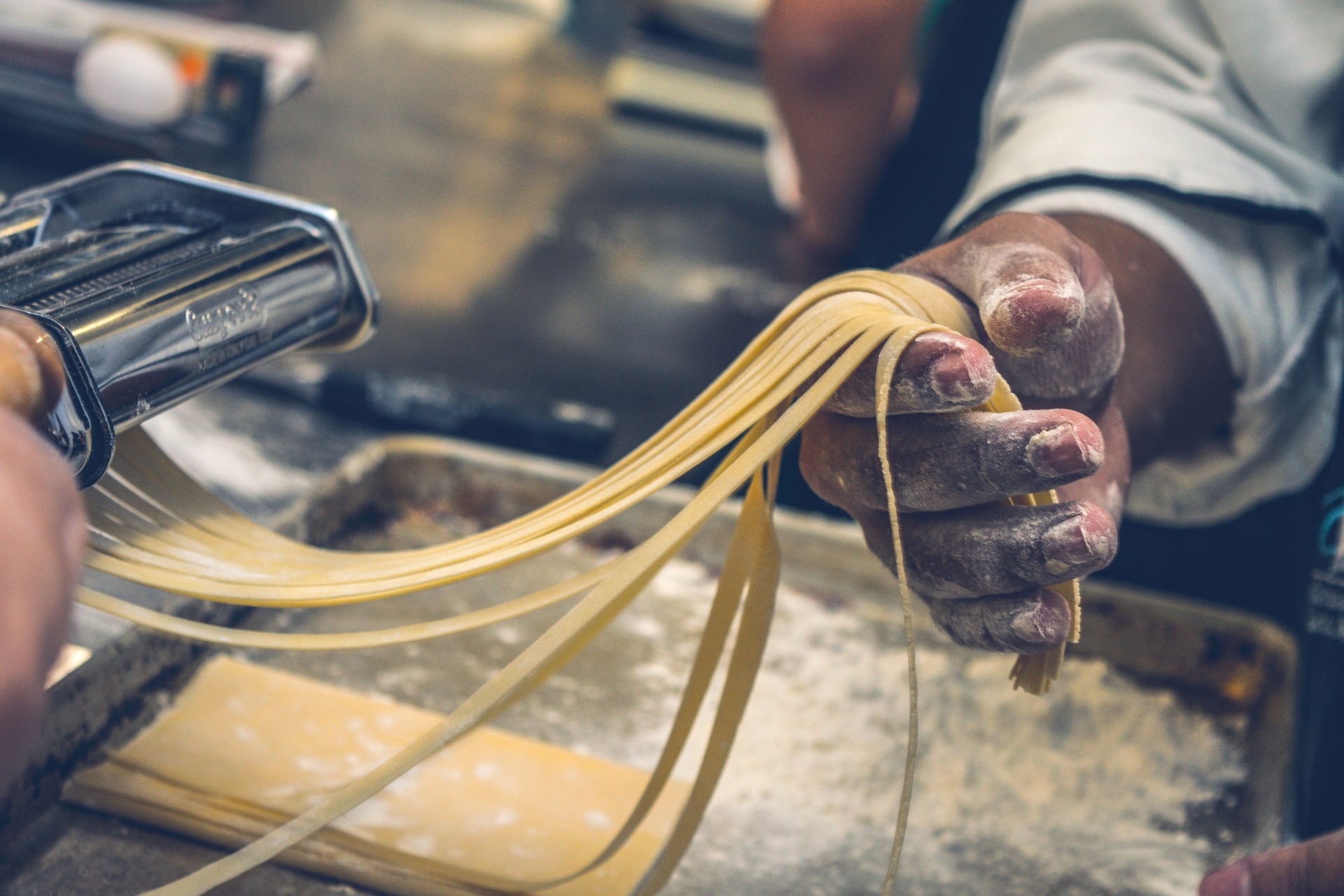Ok, put down your pitchforks. I love craft beer. I’m only talking about “killing” it as an official or regulated title.
Craft \ˈkraft\ – to make or produce with care, skill, or ingenuity
Based on the definition of the word “craft,” I’ve always inferred that craft in association with beer simply exemplifies a brew that is very good based on the care, skill and ingenuity behind it. To further simplify, I prefer to translate craft beer as good beer….really good beer. This meaning has held up for some time until I began noticing outliers to this meaning. And the more frequently I noticed these outliers, the more I became convinced that the term was inadequate, imprecise, and ultimately inaccurate. Instead of trying to continually evolve and force the term to refer to its intended meaning (quality and passion), I think it’s time to kill the craft beer designation and let the people decide what is truly “craft.”
Are the Great Beers of Europe not Craft?
What first struck me that something was amiss, was when I realized that the Belgian brews I love so much wouldn’t technically be considered craft beer. This is because the craft beer designation is decidedly American and does not encompass breweries outside of the United States. Imagine opening up a craft beer bar and to remain true to the term, not serving Trappistes Rochefort 10. Can you imagine telling Trappist monks that the ales they’ve been brewing since 1595 don’t involve “craft?” Or, what about Paulaner Salvator, a history-rich doppelbock, brewed by the same techniques and recipe for centuries? Should we also then discount the new and exciting brews from Italy and Japan? There is a fair amount of arrogance in only designating American beers as “craft.” Yes, the term originated from an American organization, but the notion of craft beer has evolved into a global phenomenon — up from the humble origins of pioneering home brewers and the microbreweries that started it all.
Volume does not Equal Quality
 And neither does Independence. Can a beer really be craft one day and not the next? If the recipe and process doesn’t change, can a buyout change the flavor? Does the quality of beer decrease when the volume increases from 6,000,000 barrels to 6,000,001? And, if the definition changes again as it did in 2009 when it went from 2 million barrels to 6 million, the term will eventually lose credibility and its meaning will become less and less meaningful. So, my proposition is that we stop using “craft beer” as an official designation and let people determine what craft is to them.
And neither does Independence. Can a beer really be craft one day and not the next? If the recipe and process doesn’t change, can a buyout change the flavor? Does the quality of beer decrease when the volume increases from 6,000,000 barrels to 6,000,001? And, if the definition changes again as it did in 2009 when it went from 2 million barrels to 6 million, the term will eventually lose credibility and its meaning will become less and less meaningful. So, my proposition is that we stop using “craft beer” as an official designation and let people determine what craft is to them.
I’ve had the fortunate opportunity to visit exceptional breweries all over the globe, many of which would not fit the title of a “craft” brewery. There is something inherently wrong with the fact that anyone can open a small local brewery, make an inferior product and be allowed to label it a craft brewery (with all the implications of quality, while other breweries cannot). There is also a danger in misleading beer drinkers into believing that all small brewers are producing a “craft” product (whether intentionally or not). If beer drinkers have a bad experience, they may write craft beer off as something they don’t like. I suggest that it would be better if breweries earned their craft reputation by their own merit and the will of the people.
One complaint I’ve had in the past with the mega-brewers is that with all of their capabilities, they don’t appear to be very focused on making more flavorful beers. Now that some are actually trying to make more flavorful choices, I think we should welcome them instead of punishing their efforts by essentially calling their beers a fraud. Let’s give the consumer a little more credit. If they have a passion for beer with flavor, they will eventually discover the difference between quality and marketing hype. And, if someone is really enjoying a “crafty” brew on their own beer journey, why is this a problem? The more the consumer becomes ingrained into the craft beer lifestyle, the sooner they’ll know the difference.
Avoid the Pitfalls of Snobbery
 The bickering over craft beer and the calling out publicly of brands that are not, concerns me that the seeds are being planted now for a culture of polarizing beer snobbery. There is an unsettling condescension about being told that the beer you think is fantastic is not craft. Ultimately, “craft” should be in the eye of the beer holder. The last thing the beer industry needs is to get bogged down with complex and convoluted legal designations like French AOC or Italian DOCG laws. That adds a layer of intimidation and anxiety for the novice drinker that could cause them to keep their distance. We also don’t need to head down a path where we are paralyzed with splintering and ever-evolving designations. Let’s keep beer approachable.
The bickering over craft beer and the calling out publicly of brands that are not, concerns me that the seeds are being planted now for a culture of polarizing beer snobbery. There is an unsettling condescension about being told that the beer you think is fantastic is not craft. Ultimately, “craft” should be in the eye of the beer holder. The last thing the beer industry needs is to get bogged down with complex and convoluted legal designations like French AOC or Italian DOCG laws. That adds a layer of intimidation and anxiety for the novice drinker that could cause them to keep their distance. We also don’t need to head down a path where we are paralyzed with splintering and ever-evolving designations. Let’s keep beer approachable.
A recent Gallup Poll shows that beer currently has a slim 1% lead on wine in alcoholic “beverage of choice” (36% vs. 35%). My concern is that in 1992 that lead was much higher (47% vs. 27%). The wine industry has gone to great lengths to make wine more approachable and less intimidating, helping to close the gap in “beverage of choice.” Another takeaway from the wine world is that there isn’t a “craft wine” designation. It’s essentially up to the consumer to distinguish if a wine is artfully crafted or if it’s just a marketing ploy using a catchy name.
There is some concern that by not regulating the craft term, small brewers would be negatively impacted. This is the opposite of my goal. I want the beer industry to avoid some of the pitfalls that the wine industry has learned from and navigated through. By removing an official distinction, it will help keep beer approachable, increase its influence, expand the ranks of beer drinkers and ultimately raise the profile of all good beer.
Let the People Decide
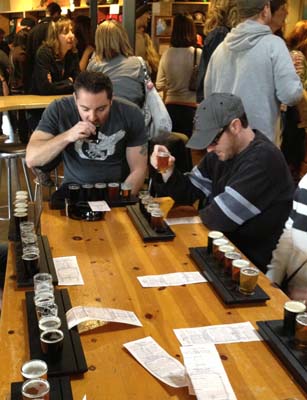 It’s disappointing to see the battle over craft beer devolve into a “who is or who isn’t” argument, complete with pointed fingers and name-calling. Let the people decide what “craft” means to them. One of the great aspects of the current beer landscape is that we don’t have a Robert Parker-style autocracy deciding what beers are best. Instead, we have great resources like the online beer rating sites of BeerAdvocate and RateBeer which are comprised of a community of independent beer enthusiasts. Anyone can join and rate. This democracy approach provides a true reflection of what the people consider “craft.” I’m confident that any disingenuous brews won’t be allowed to sneak by for long without being called out for what they are. Craft beer is subjective and it should be.
It’s disappointing to see the battle over craft beer devolve into a “who is or who isn’t” argument, complete with pointed fingers and name-calling. Let the people decide what “craft” means to them. One of the great aspects of the current beer landscape is that we don’t have a Robert Parker-style autocracy deciding what beers are best. Instead, we have great resources like the online beer rating sites of BeerAdvocate and RateBeer which are comprised of a community of independent beer enthusiasts. Anyone can join and rate. This democracy approach provides a true reflection of what the people consider “craft.” I’m confident that any disingenuous brews won’t be allowed to sneak by for long without being called out for what they are. Craft beer is subjective and it should be.
Keep the Term, Kill the Designation
It was easier when the craft industry was much smaller, but we’ve reached the point of no return. The past and future requirements to redefine the term feels like a large dam beginning to fracture with multiple leak points and we’re all trying to get as many fingers in as possible to plug up all of the leaks. I propose we quit fighting and let the dam break. I’m glad we had the designation. It served its purpose in helping make a distinction between mass-produced beers with little attention to flavor and quality beers made with flavor and passion. It did its job and it did it well. The rapid increase in sales and breweries is a testament to this. I will continue to call the quality beers that I love “craft beer” and I hope everyone else does too. I just want to kill the designation.
 Jason Stone is director of premier accounts for MarkeTeam Inc., an award-winning sales promotion and marketing agency for the hospitality, food and beverage and leisure industries. In 2009, Jason was certified as a Level One Sommelier through the Court of Master Sommeliers which denotes a thorough review of wines and spirits at the highest professional standards. Jason also earned Certified Cicerone® status in 2012 for proven beer knowledge and expertise. Jason has helped develop successful wine and beer programs for some of the best known brands in the world including Disney Theme Parks & Resorts and Royal Caribbean International.
Jason Stone is director of premier accounts for MarkeTeam Inc., an award-winning sales promotion and marketing agency for the hospitality, food and beverage and leisure industries. In 2009, Jason was certified as a Level One Sommelier through the Court of Master Sommeliers which denotes a thorough review of wines and spirits at the highest professional standards. Jason also earned Certified Cicerone® status in 2012 for proven beer knowledge and expertise. Jason has helped develop successful wine and beer programs for some of the best known brands in the world including Disney Theme Parks & Resorts and Royal Caribbean International.



